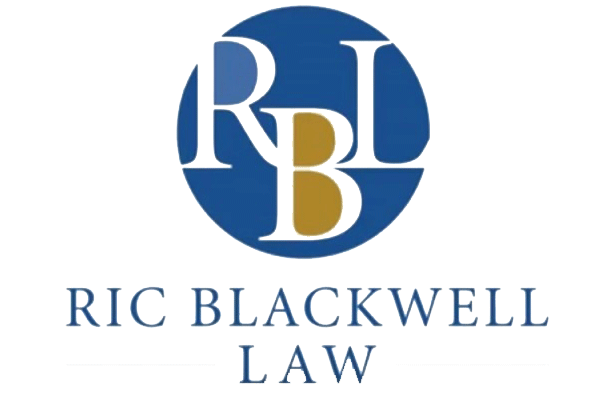Estero Corporation Lawyer
What Are The Advantages & Disadvantages Of Creating A Corporation?
Entity
A corporation is a separate legal business entity created under state laws by an owner or group of owners who become initial shareholders. Corporations are completely separate from their shareholders, “which means that the corporation itself, not the shareholders that own it, is held legally liable for the actions and debts incurred by the business,” according to Business.gov. Shareholders elect a board of directors to manage the corporation, and they in turn appoint officers to handle daily business operations.
Structure
Corporations have a required set structure, which helps the business to run more efficiently. Corporations are owned by shareholders who elect a board of directors to support their interests and run the corporation. “Each group has its own set of clearly-defined roles and responsibilities within the corporate framework,” reports Find Law.
Financial Aspects
The well-known and understood stock structure of corporations makes them very attractive to investors of all levels. That same structure allows you to entice new employees by offering them ownership of the company through either stocks or stock options. Corporations exist separately from their owners, so stocks can be freely traded in the market, which means that ownership may constantly change hands, spreading over a large number of people. When a corporation needs to raise capital, they have the option of selling stock in the company.
Liability and Taxation
“Since a corporation is a separate and distinct legal entity, owners of a corporation are only indebted to the extent of their interest in the corporation,” according to Business Accent. This means that shareholders are not personally liable for any company debt and creditors cannot go after their personal assets for business debts. Similarly, shareholders only pay taxes on any profits paid to them as salaries, bonuses or dividends and the corporation itself pays corporate rate taxes on any additional profits at the lower corporate rate.
Perpetual Existence
The main advantage of a corporation is its perpetual existence. Since the corporation is a separate legal entity from any of its owners, it does not dissolve when one owner leaves. If a shareholder dies, the company may transfer her shares in the same way as any other property, and the corporation is not negatively affected. This also allows a shareholder to disconnect from the corporation by selling all of her shares without ending the corporation. Keep in mind that when deciding to dissolve a company there are procedures and paperwork required.
Disadvantages
While a corporation offers many advantages, those same qualities can also make life more difficult. It costs money to incorporate your business, as “startup, operating and tax costs are not required of most other structures,” reports Business.gov. Corporations have rules to follow and you must adhere to the formalities of organizing and running the company. Increased business regulations lead to a large amount of paperwork required to both incorporate and keep accurate tax, business and monetary records as required by law.
